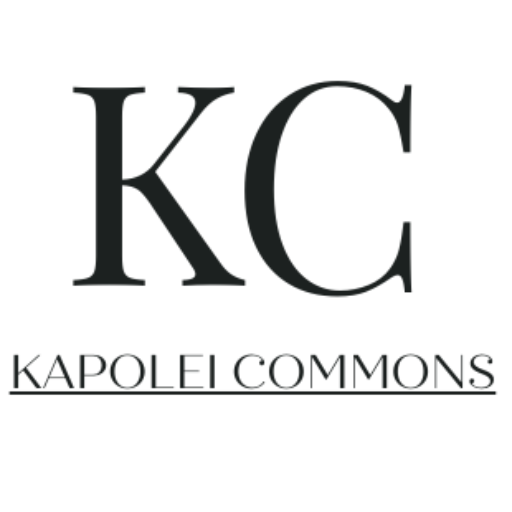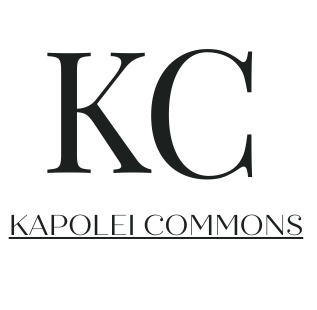At some point, nearly everyone experiences moments of profound uncertainty about their path forward.
These periods of questioning aren’t signs of failure or weakness—they’re fundamental aspects of human consciousness that signal growth, reflection, and the search for authentic meaning.
Research from psychology and neuroscience reveals that existential thoughts about our role and significance emerge naturally throughout different life stages.
Rather than viewing these moments as crises to be quickly resolved, understanding their underlying mechanisms can transform them into opportunities for deeper self-awareness and intentional living.
This exploration examines why we question our purpose, what triggers these periods of reflection, and evidence-based approaches for navigating them constructively.
Whether you’re experiencing your first major life transition or finding yourself revisiting familiar questions about direction, these insights can provide clarity during uncertain times.
The Psychology Behind Existential Questioning
Existential thoughts about life meaning aren’t random occurrences—they follow predictable patterns rooted in human development and cognition. Psychologists have identified several key factors that contribute to these periods of questioning.
Cognitive Development and Self-Awareness
As our cognitive abilities mature, we naturally develop a greater capacity for abstract thinking and self-reflection.
This enhanced awareness allows us to step back from immediate circumstances and examine our lives from broader perspectives.
The same mental processes that enable us to solve complex problems also generate questions about significance and purpose.
Developmental psychologist Erik Erikson identified specific life stages where questions of meaning become particularly prominent.
During these transitions, individuals naturally reassess their values, goals, and sense of identity. This reassessment process, while sometimes uncomfortable, serves important psychological functions.
Social Comparison and External Expectations
Modern society provides countless opportunities to compare our progress, achievements, and choices with those of others.
Social media amplifies this tendency, creating curated glimpses into other people’s apparent success and fulfillment. These comparisons can trigger doubt about our direction and choices.
External expectations from family, culture, and professional environments also contribute to questioning.
When our internal sense of purpose conflicts with these outside pressures, we experience tension that prompts deeper examination of our authentic desires and values.
Common Triggers for Purpose-Related Doubt
Understanding what specifically triggers periods of existential questioning can help normalize these experiences and provide insight into their timing and intensity.
Life Transitions and Major Changes
Career changes, relationship shifts, geographic moves, and other major life transitions naturally prompt reflection about direction and meaning.
These moments disrupt established routines and force us to consciously choose our next steps rather than operating on autopilot.
Even positive changes can trigger questioning. Achieving long-sought goals sometimes leads to unexpected emptiness or confusion about what comes next.
This phenomenon, known as the “arrival fallacy,” occurs when we realize that external achievements don’t automatically provide the fulfillment we anticipated.
Exposure to Different Perspectives
Travel, education, new relationships, and diverse experiences expand our understanding of how life can be lived.
While this broadened perspective offers valuable insights, it can also create doubt about our current path by revealing alternative possibilities we hadn’t previously considered.
Reading, conversations with people from different backgrounds, and exposure to different cultures can all serve as catalysts for questioning our assumptions about what constitutes a meaningful life.
Loss and Mortality Awareness
Confronting mortality—whether through personal health scares, loss of loved ones, or simply aging—often triggers deep reflection about how we’re spending our limited time.
These experiences can provide powerful motivation for change, but they also generate anxiety about whether we’re living authentically.
The Relationship Between Meaning and Direction
Questions about life’s meaning and concerns about direction are closely interconnected, though they operate at different levels of specificity.
Meaning as Foundation
Life meaning typically refers to our sense of significance, purpose, and coherence in existence.
This encompasses our fundamental beliefs about what makes life worth living and our role in the larger human experience. When we question meaning, we’re examining these core philosophical foundations.
Direction as Application
Direction involves the specific choices, goals, and actions through which we express our sense of meaning.
While meaning provides the underlying framework, direction translates that framework into concrete decisions about career, relationships, lifestyle, and daily priorities.
Confusion often arises when these two levels become misaligned. We might have a clear sense of what we value (meaning) but struggle with how to express those values through our choices (direction).
Alternatively, we might be actively pursuing goals (direction) that don’t connect to our deeper sense of purpose (meaning).
Constructive Approaches to Purpose Questioning
Rather than trying to eliminate existential thoughts, research suggests that engaging with them thoughtfully can lead to greater self-understanding and more intentional living.
Reflective Practices and Self-Assessment
Structured reflection helps distinguish between productive questioning and unproductive rumination.
Journaling, meditation, and other contemplative practices create space for examining our thoughts and feelings without becoming overwhelmed by them.
Self-assessment tools and frameworks can provide helpful structure for this exploration.
Values clarification exercises, strengths assessments, and personality inventories offer different lenses for understanding our authentic preferences and capabilities.
Seeking External Perspectives
Conversations with trusted friends, mentors, or professional counselors can provide valuable outside perspectives on our questioning process.
These discussions help us identify patterns in our thinking and recognize blind spots in our self-perception.
Professional guidance becomes particularly valuable when existential questioning leads to persistent anxiety, depression, or the inability to make necessary life decisions.
Mental health professionals trained in existential therapy can help navigate these complex territories constructively.
Experimental Approaches
Rather than trying to answer all questions about purpose through pure reflection, experimenting with different activities, roles, and experiences provides practical data about what resonates with us.
Volunteer work, side projects, creative pursuits, and other low-risk experiments offer opportunities to test potential directions.
This experimental approach recognizes that purpose often emerges through action rather than preceding it. By trying different possibilities, we gather information about our authentic preferences and natural strengths.
Building Resilience During Uncertain Periods
Questioning periods can generate significant emotional discomfort. Developing skills for managing this discomfort helps us engage more productively with existential questions.
Tolerance for Ambiguity
Learning to sit with uncertainty rather than rushing toward premature answers allows for more thoughtful exploration.
This tolerance develops through practice and recognition that the most important life questions don’t have simple, permanent answers.
Mindfulness practices help develop this capacity by teaching us to observe our thoughts and emotions without immediately acting on them. This creates space between our initial reactions and our responses.
Community and Connection
Isolation often amplifies existential questioning and can lead to unhelpful rumination.
Maintaining connections with others—whether through existing relationships, support groups, or new communities—provides perspective and emotional support during questioning periods.
Sharing our struggles with purpose and direction often reveals how common these experiences are. This normalization reduces shame and self-criticism that can make questioning periods more difficult than necessary.
Finding Your Path Forward
Navigating questions about purpose and direction ultimately involves developing a personal approach that honors both your authentic nature and practical circumstances.
The process of questioning itself often provides valuable information about what matters most to you.
Pay attention to which questions feel most urgent, which possibilities generate excitement, and which values feel non-negotiable. These preferences point toward authentic directions for further exploration.
Remember that purpose and direction continue evolving throughout life. Rather than seeking permanent answers, focus on developing skills for ongoing reflection, experimentation, and adaptation.
This approach transforms questioning from a problem to be solved into a valuable practice for intentional living. Consider beginning with small experiments that align with your emerging sense of direction.
These don’t need to involve dramatic life changes—sometimes shifting how you spend a few hours each week can provide meaningful insight into potential paths forward.



Leave a Comment